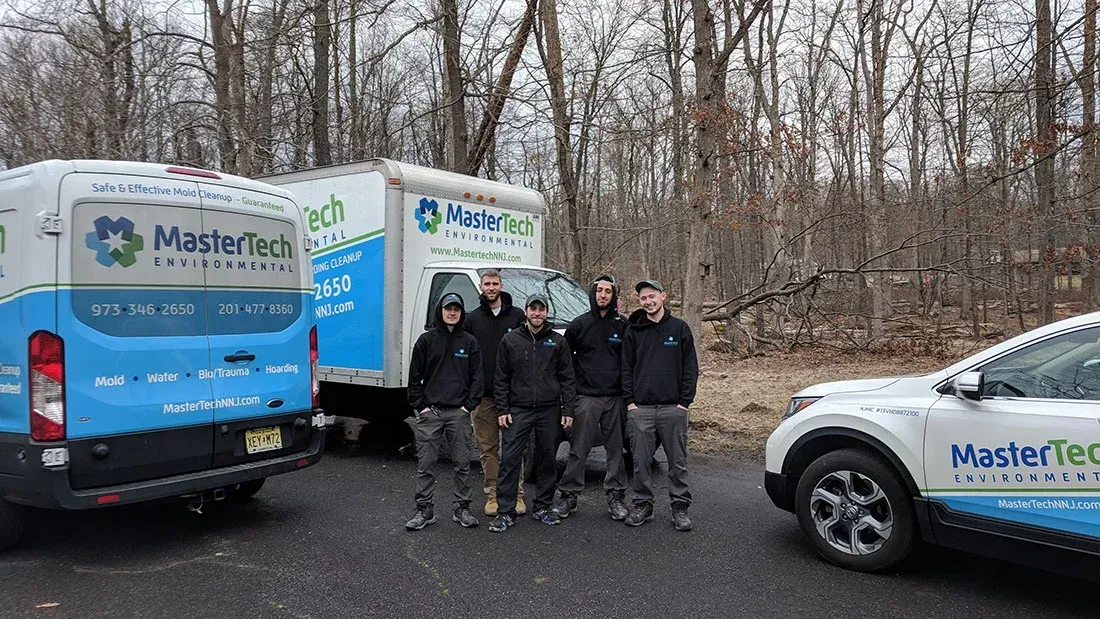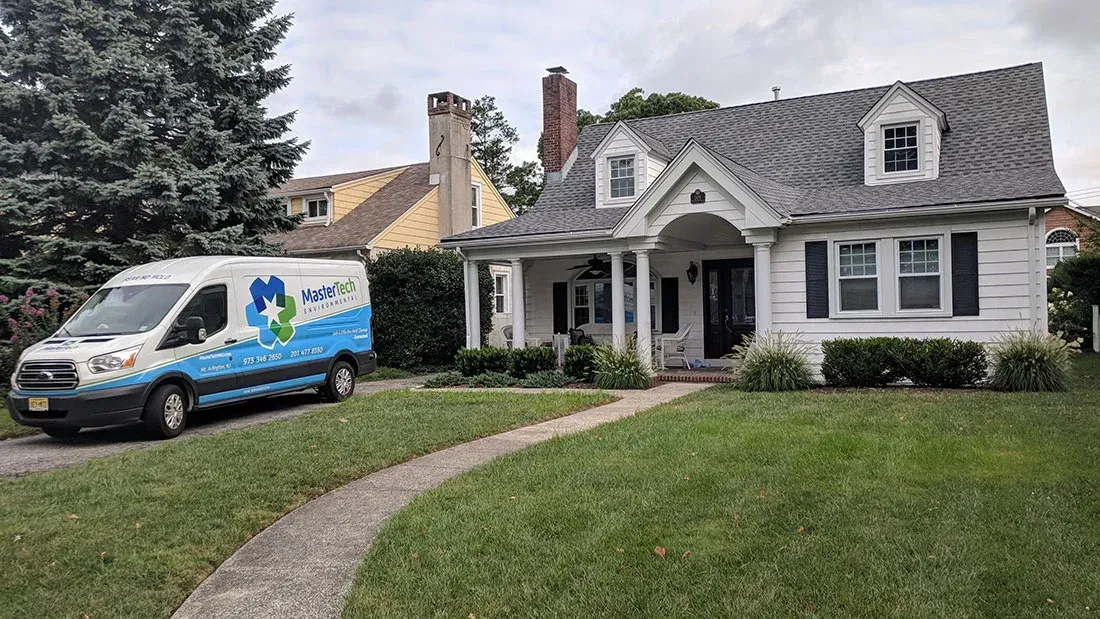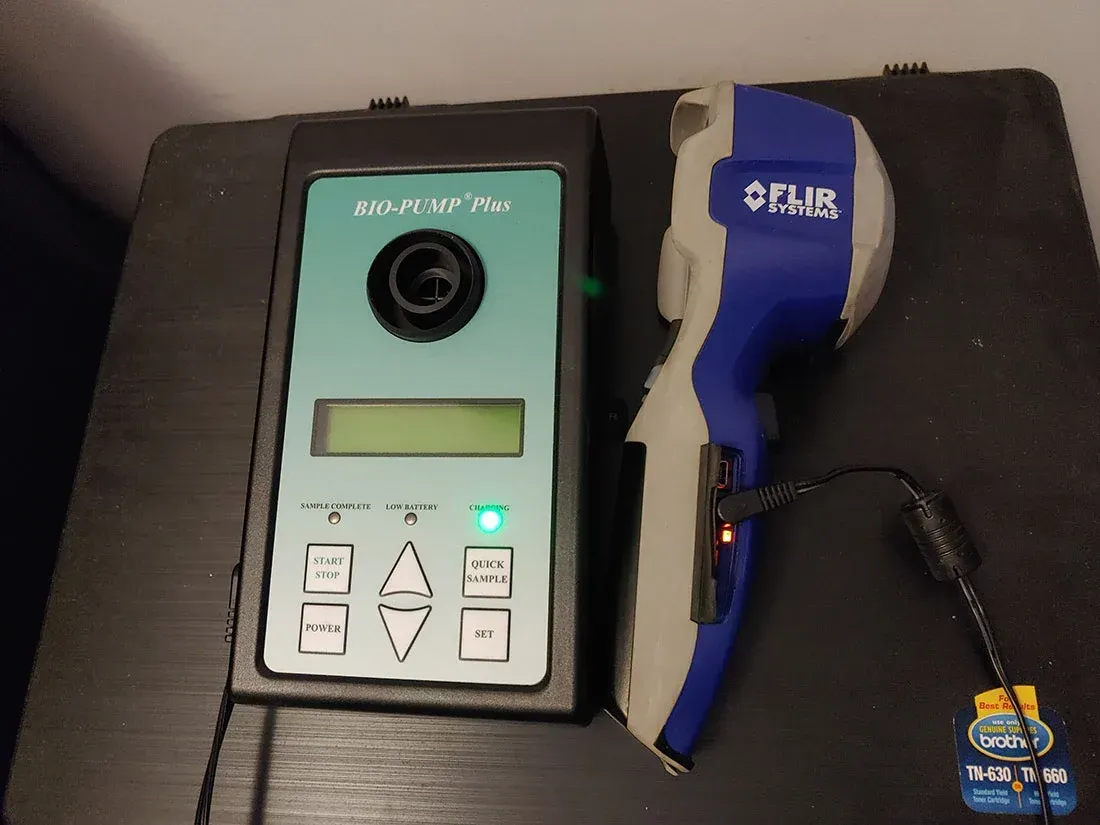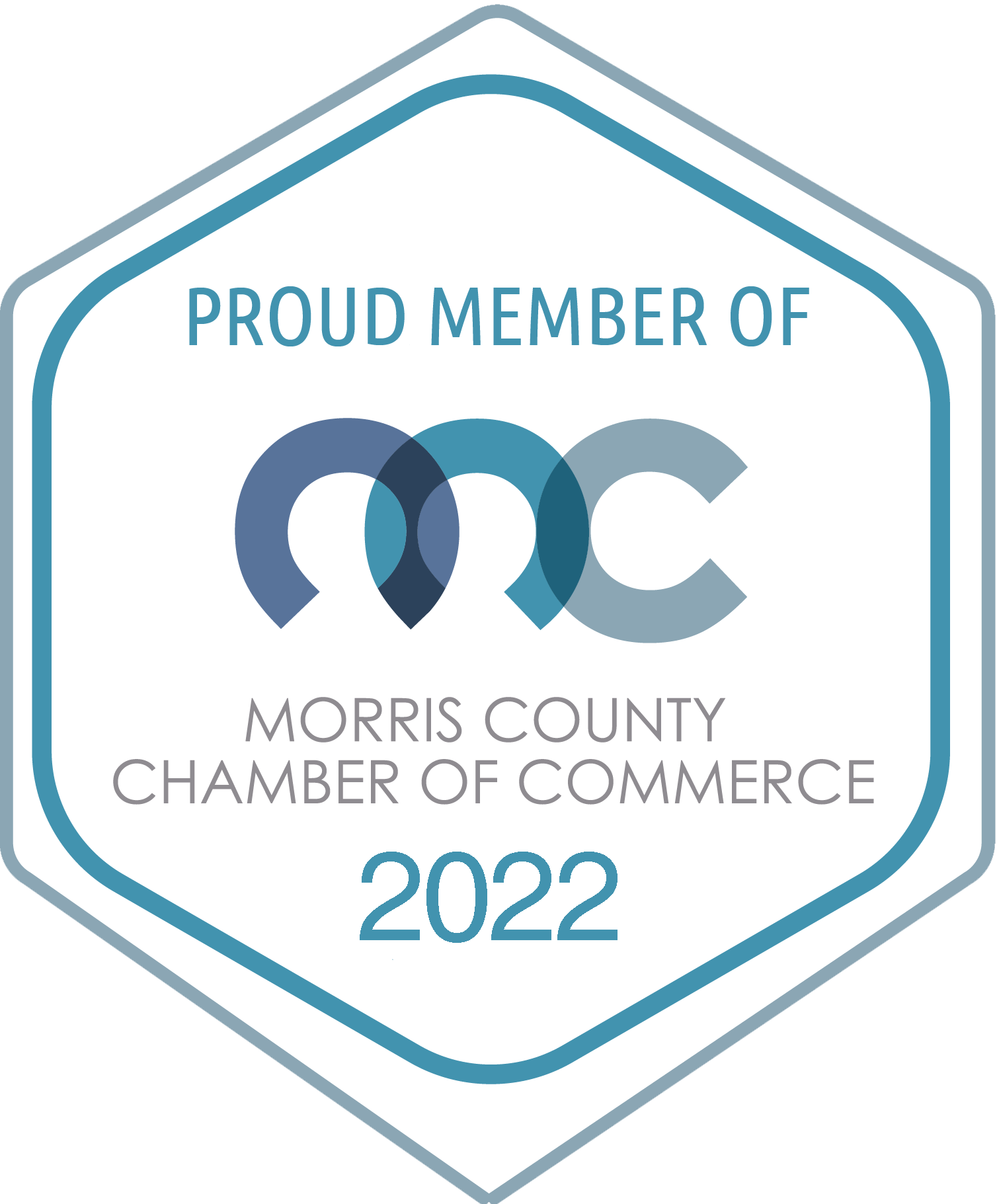Mold Remediation in Summit New Jersey Schools: Prioritizing Health and Safety for Students and Staff

The prevalence of mold in New Jersey schools has reached a critical point, as evidenced by the recent closure of Hannah Caldwell Elementary in Union due to mold contamination in classrooms and the library. This is not just a minor inconvenience; it's a serious issue that can lead to school closures, disrupting students, frustrating parents, and putting immense pressure on school officials. At MasterTech Environmental of North Jersey, we understand the gravity of this situation. We work with school decision-makers to address mold proactively and effectively, ensuring that learning environments are safe, clean, and free of disruptions due to mold. We specialize in mold remediation in Summit, NJ.
Understanding the Risks and Realities of Mold in New Jersey Schools
For school officials, mold isn't just a maintenance problem; it's a health and safety issue that can lead to lost instructional time, student relocation, and significant financial costs for testing and remediation. New Jersey's humid climate makes schools particularly vulnerable to mold growth, and when mold is discovered, the stakes are high. Students and staff may be displaced, impacting school schedules and increasing anxiety among parents and the community.
· Health Risks for Students and Staff: Mold exposure can cause respiratory problems, allergic reactions, and even aggravate asthma, a concern for children. When mold is found in schools, the health risks are taken seriously, as prolonged exposure can affect vulnerable groups like young children and staff members with respiratory conditions. Preventing these health risks is a priority for any school district.
· Structural and Operational Disruptions: When mold spreads, remediation can involve closing areas of the building—or even the entire school, as seen in Union. Mold in classrooms, libraries, or HVAC systems requires extensive testing, and until air quality is confirmed to be safe, learning spaces remain unusable. This uncertainty can lead to missed school days, transportation issues, and scheduling complications.
Given the significant risks associated with mold, school administrators play a crucial role in addressing this issue. Immediate attention and professional handling are essential in effectively managing mold remediation in schools.
Why Moisture Control is Critical in Preventing Mold Outbreaks
In New Jersey's humid climate, moisture is an ongoing issue for large buildings like schools. Humidity, leaks, or condensation can create conditions ripe for mold growth. While immediate mold remediation is important, long-term moisture control is essential for preventing future issues.
· Common Sources of Moisture in Schools: Roof leaks, outdated plumbing, and inadequate ventilation are familiar sources of moisture in school buildings. For many schools, areas like gyms, locker rooms, and bathrooms are especially vulnerable, as humidity and condensation frequently build up without proper controls. These areas require close monitoring to ensure that moisture doesn't go unchecked.
· Monitoring Indoor Humidity: Maintaining humidity levels between 30% and 50% prevents mold. School districts can take proactive measures to keep mold under control by adding dehumidifiers in high-risk areas, maintaining HVAC systems, and conducting regular moisture inspections.
Without these preventive measures, mold can quickly return, leading to repeated disruptions and increased costs.
Long-Term Preventive Maintenance for Mold Control
Once remediation is complete, schools must implement preventive measures to reduce mold regrowth. Mold can return if moisture isn't consistently controlled and buildings aren't regularly inspected. For Summit New Jersey schools and beyond, adopting a proactive approach can save time, costs, and disruptions in the future.
· Routine Inspections and Maintenance: Regular plumbing, HVAC systems, and roofing inspections can help schools identify issues early. Clean and properly maintained HVAC systems, in particular, reduce humidity and improve air quality, preventing mold from recurring problems.
· Managing Humidity with Long-Term Solutions: It is essential to keep humidity levels stable, especially during New Jersey's humid seasons. Simple solutions, like dehumidifiers and ventilation improvements, can prevent mold from returning to classrooms, storage areas, and other high-traffic spaces.
· Quick Response to Leaks and Moisture Build-Up: Immediate action when leaks or moisture are detected can prevent a small problem from escalating. School officials should establish a process for prompt repairs and moisture monitoring, reducing the risk of costly mold outbreaks and closures.
By incorporating these preventive strategies, schools in Summit, NJ, can keep their buildings mold-free, ensuring safer, healthier learning environments for students and staff alike.
Keep Kids and Staff Safe with Expert Mold Remediation in Summit NJ
As recent events in New Jersey have shown, mold can disrupt schools on a large scale, causing closures, displacing students and staff, and creating significant operational challenges. At MasterTech Environmental of North Jersey, we understand the complex concerns that school officials face when dealing with mold. Our services are designed to remediate mold and establish long-term preventive strategies that help protect school buildings and everyone who uses them. Mold control isn't just about cleanup—it's about ensuring safe, sustainable learning environments where health and education can thrive without interruption. Contact us today to discuss how we can help your school prioritize safety and prevent future mold-related closures.





